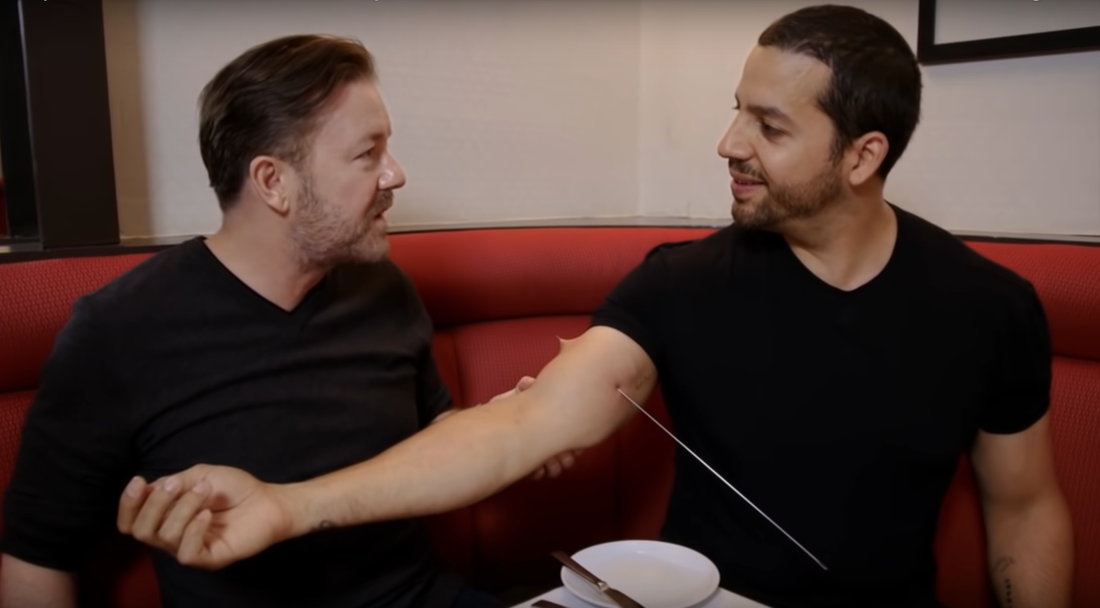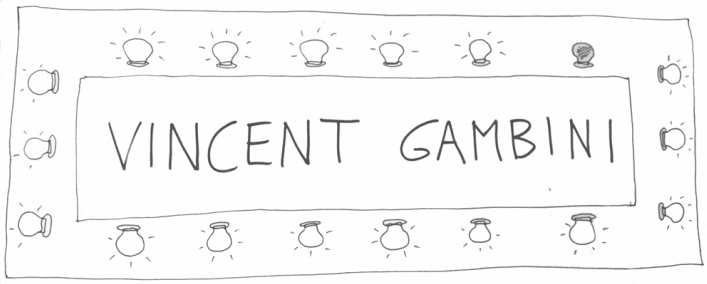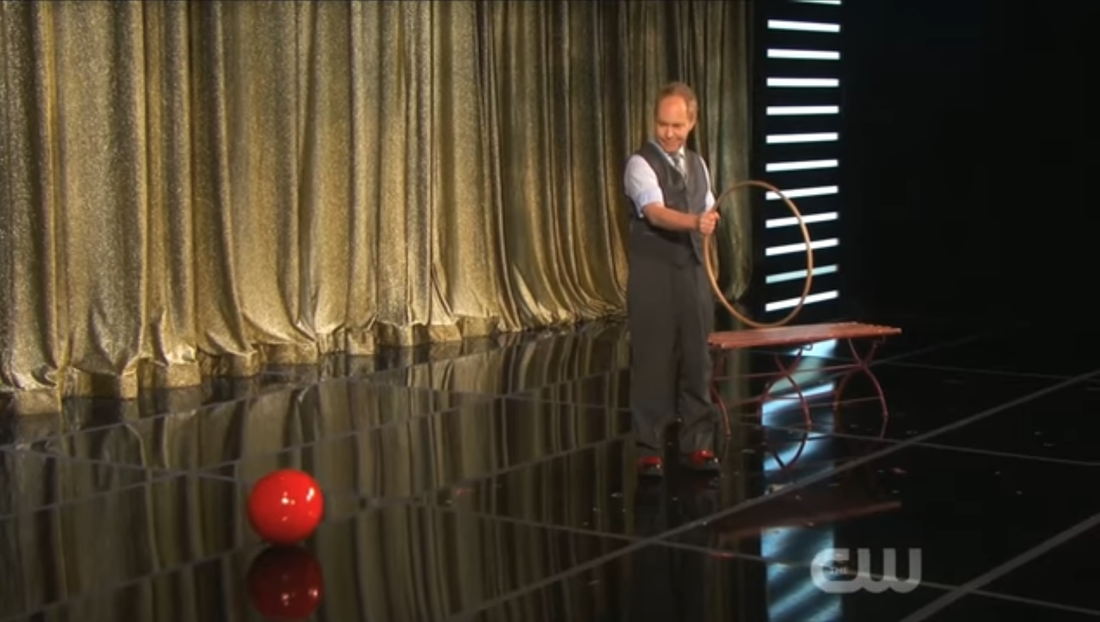
Last week I happened to hang out and work with some great magicians, and it got me thinking about a couple of things, based on conversations we had.
But first: I realized, or rather I remembered, that I’m not a magician. Or rather, that my relationship to magic (in the sense of the magic 'scene') is, quite happily, that of outsider. There are, after all reasons, valid reasons why I left magic back in 2000. This was motivated at first by a desire to rethink what magic could be, and eventually I simply let go of magic and embraced performance art and contemporary theatre. The initial desire to leave magic was a lack of satisfaction with the scene, and chiefly the artform itself. Now that I only occasionally ‘visit’ magic, I notice it clearly: there is a sense of restricted view that pervades magic, which is a feeling I don’t get when hanging out with dance artists, theatre artists, musicians, visual artists etc. With magicians, it’s as though the spotlight of attention is smaller. For an artform purportedly dedicated to mystery, to the limits of knowledge, perception and consciousness, magic can feel incredibly inward looking and in need of oxygen.
The magicians that I'm lucky to spend time with know this problem, and suffer from this sense of ‘smallness’. To varying degrees, they all have a love-hate relationship with magic, and they manage this in different ways. And so one of the topics of conversation is invariably how to make magic better, or how to make better magic. There is frustration at how to improve magic as a form of performance, how to have it better recognized by audiences as more than just wedding or corporate entertainment, and how to improve the ‘scene’ so that magic conventions and festivals, for example, might be vital, dynamic, cultural events that go beyond sharing new secrets and buying new tricks.
On the subject of improving magic performance, it seems many magicians think in terms of ‘adding meaning’: a story, an emotional hook, a life lesson etc. are parachuted onto an existing card trick, to make the experience more meaningful. This is not necessarily a terrible strategy (and to some extent it's what I’m busy doing with my own magic performances). But it struck me that ‘adding’ meaning to magic might not be desirable.
I explain.
Firstly, what the hell is magic anyway?
Magic is a strange form of performance. It is close to theatre and ‘drama’, since it features simulation, speech, it often happens in a theatre; but unlike fictional drama, in a magic show the action has to appear wholly real, for the effect of magic to work: a real spectator is asked to shuffle a real deck of cards, and these cards then seem to turn white etc. Trickery aside, none of that is simulated or fictional.
Magic is also close to jokes, bets and scams, because of the deceptive or 'tricking' element, yet it is also close to shamanic ceremony and ritual (which indeed can feature ‘tricks’), but stripped of any claims to the supernatural: everything in a magic show is more or less secular, nothing ‘transcendental’ taking place here. The dead won't rise, and the future remains unknown.
Which leaves magic in a weird place, somewhere between simulation and reality, between bogus entertainment and important ceremony. It’s a kind of impossible contradiction.
So perhaps some of the best performances of magic are those that really capture this sense of impossible contradiction, distilling this paradox down to its purest form. The two examples that come to mind do NOT use the formula: magic trick + story and meaning. They are in fact extremely stripped back, featuring virtually no dialogue, no ‘patter’ or speech or story. They feature a very direct action, simply framed.
The first example is David Blaine’s last sequence from his TV show ‘Real or Magic’. Sitting in a restaurant with UK comedian Ricky Gervais, Blaine simply skewers his own arm, saying ‘…but it looks real, right?’. Those 5 words are enough. This piece, whether it’s to everyone’s liking or not (I’m not a fan of gore), goes to the heart of magic’s impossible contradiction. What Blaine’s performance is able to conjure is that internal flickering thought that distinguishes magic from most other artforms: “it’s real, but it can’t be… but it IS real!”. He doesn't need to narrate a meaningful story on top of the action, since all the meaning we could want is happening already, thanks to the paired back speech.
The second example is Penn & Teller’s floating red ball. Teller poetically and silently causes a ball to move about the stage unexplainably. But what frames the act, and brings it close to this ‘essence’ of magic, is that at the start the normally garrulous Penn just says one line: ‘This trick is done with just a piece of thread”, then walks into the wings. At the end of the act, Penn returns, grasps the ball by the thread and cuts it, then kicks the ball off in disdain. Again, we have an act in which this question of real/unreal, happening/not happening, is placed centre stage, beautifully, so that this oscillating paradox can resonate inside spectators.
These two pieces, somewhat similar to each other in this regard, cleanly and simply strip away all patter, and arrive at something almost “pure”, yet oh so impure and impossible to pin down: the presentation of magic. That they do this with just a few words – no added meaning or story – makes the case for magic performances that are paired back, clear and minimalist.


 RSS Feed
RSS Feed